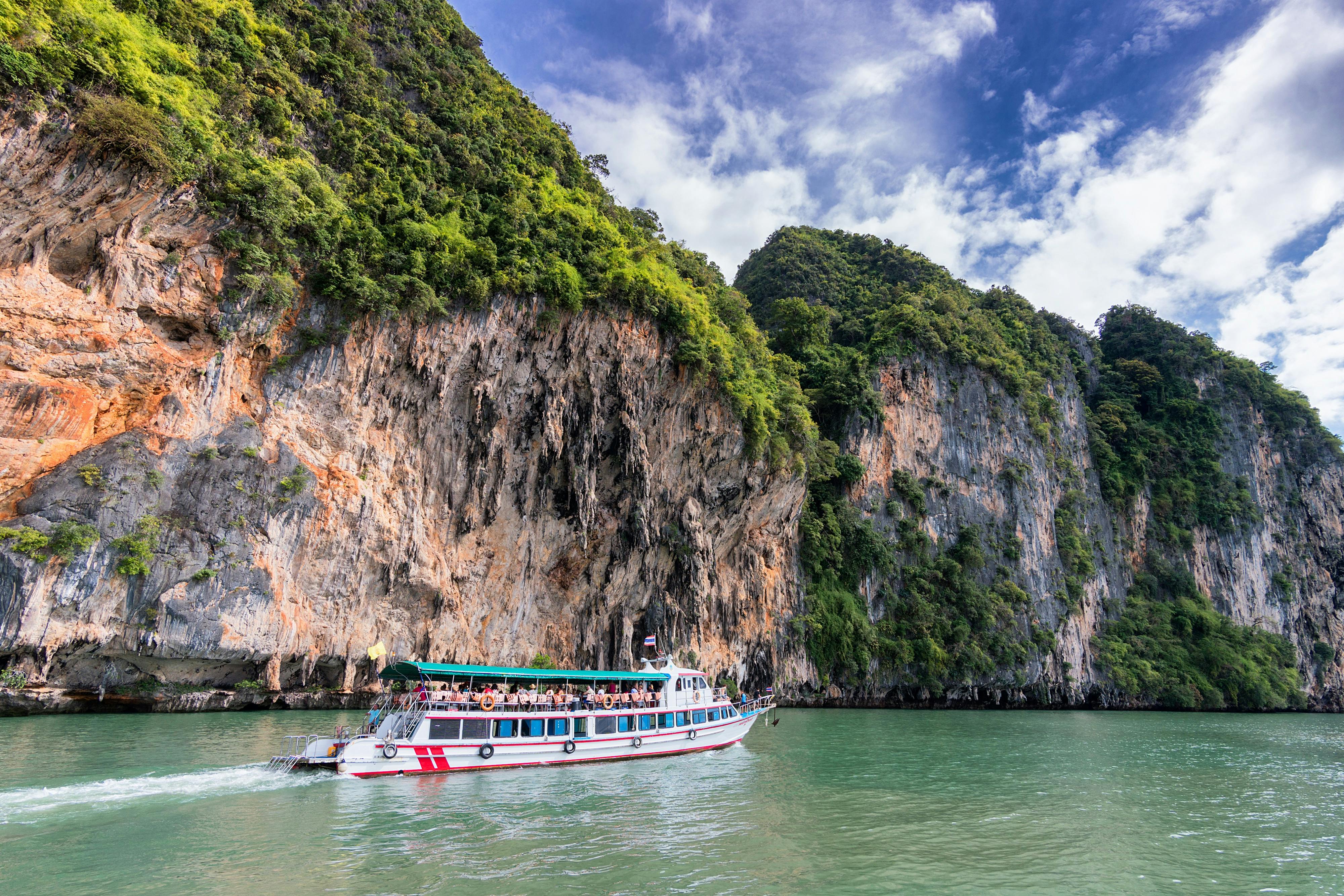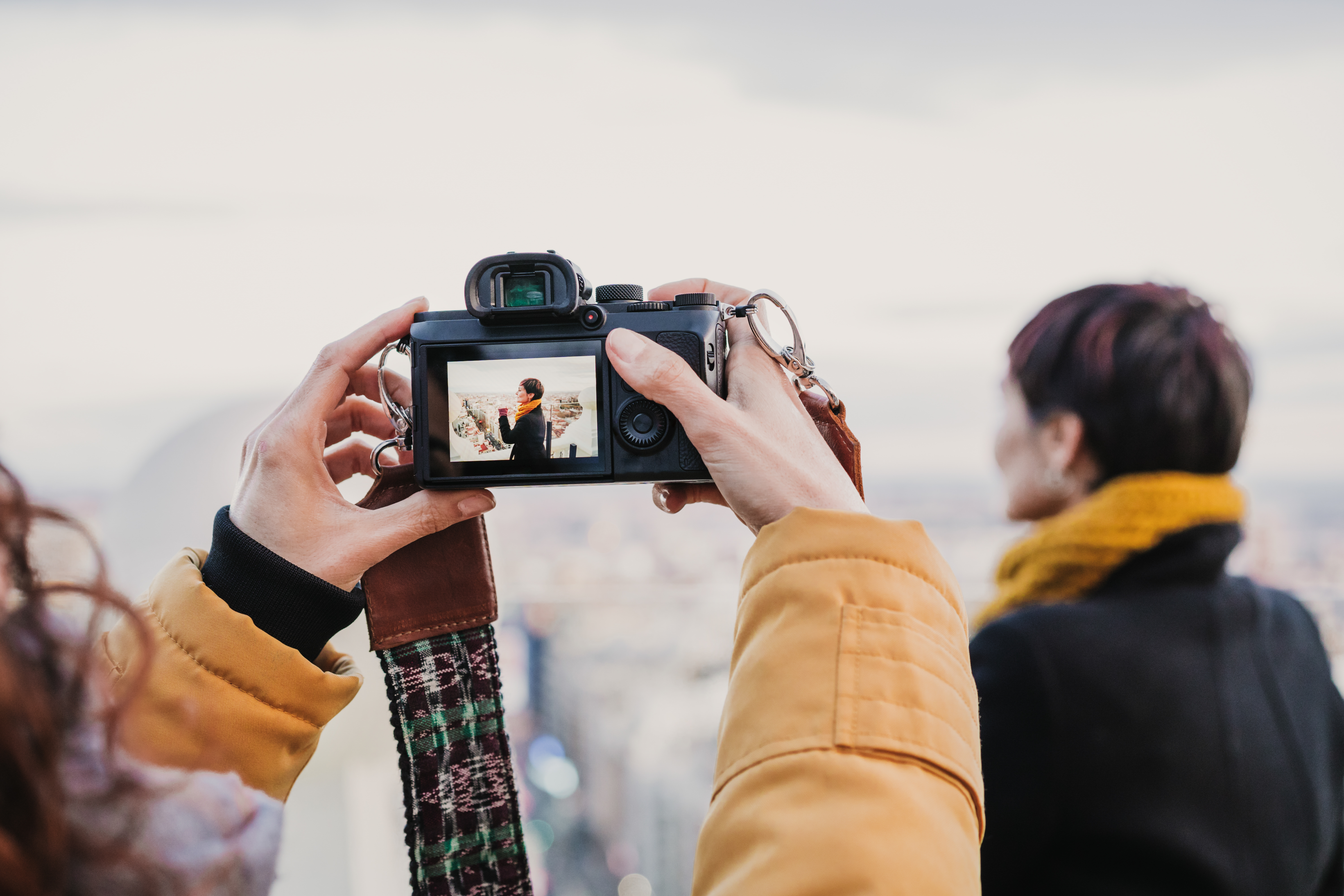Sleep Comfortably While Traveling: 9 Tips for Restful Nights in Strange Places
Travel feeds the soul—but it can wreak havoc on your sleep. New time zones, strange beds, unfamiliar sounds, and shifting routines often turn rest into a nightly struggle instead of a natural reset. Whether you’re chasing sunsets across continents or just trying to catch some Z’s in a noisy hotel, quality sleep can feel like the one thing your itinerary forgot. But it doesn’t have to. This guide brings you 9 simple, science-backed strategies to help you fall asleep faster and sleep better—wherever the road takes you. From syncing your body clock to mastering your sleep environment, these tips are crafted for travelers who want to wake up refreshed, not restless. So pack your bags—but leave the sleepless nights behind. With a few smart adjustments, deep, restorative rest can become just another part of the adventure.
1. Understanding Sleep Cycles: The Foundation of Rest
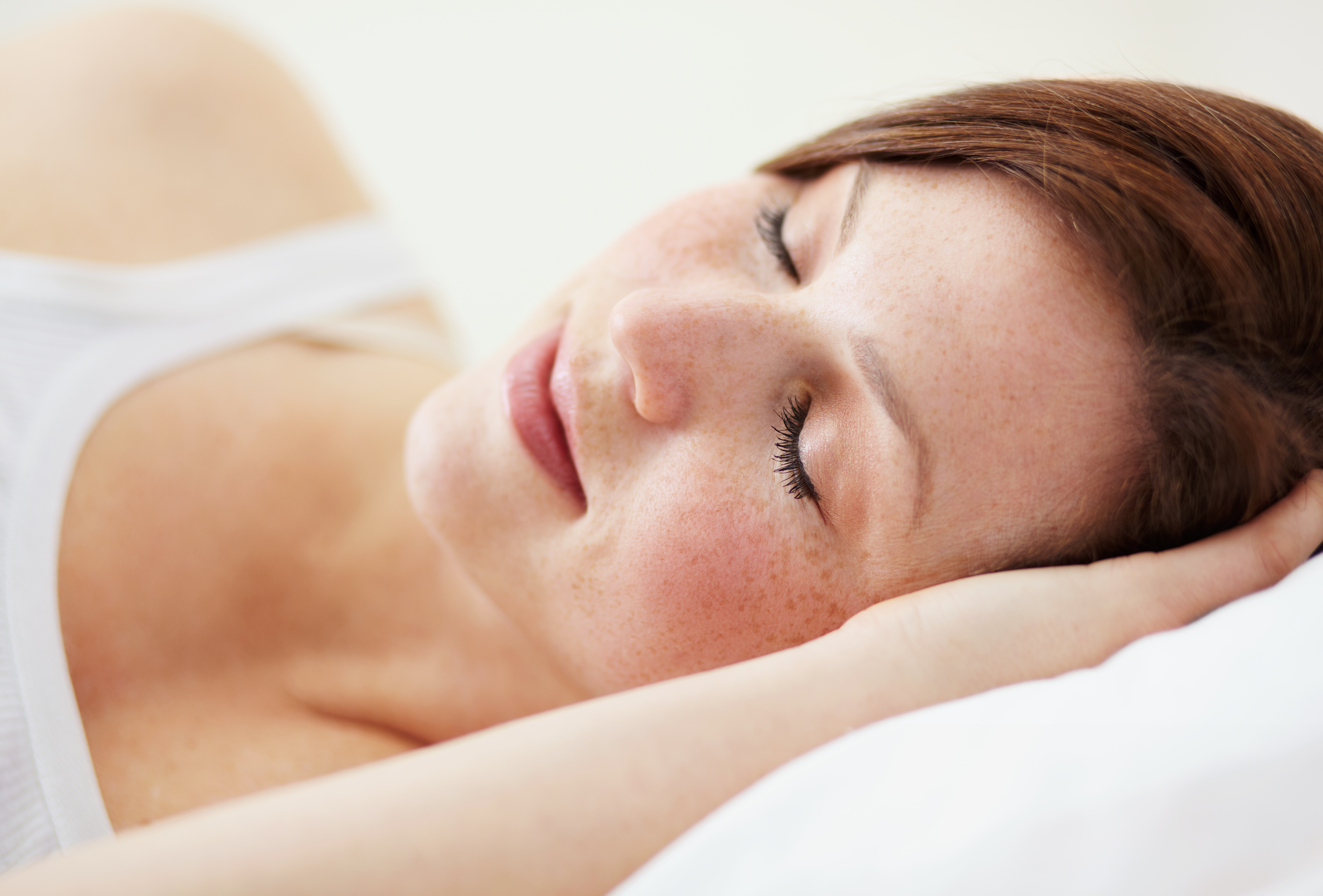
Before embarking on a journey to improve sleep quality, it's essential to understand the fundamentals of sleep cycles. Human sleep is composed of several stages, including light sleep, deep sleep, and REM (Rapid Eye Movement) sleep, each serving distinct restorative functions. When traveling, these cycles can be disrupted by changes in time zones, altitude, and even the excitement of new surroundings. By recognizing the significance of each sleep stage, travelers can better appreciate the importance of a full cycle and implement strategies to minimize disruptions, ensuring that their rest is as effective as possible, regardless of location.
2. The Power of Routine: Consistency Across Time Zones
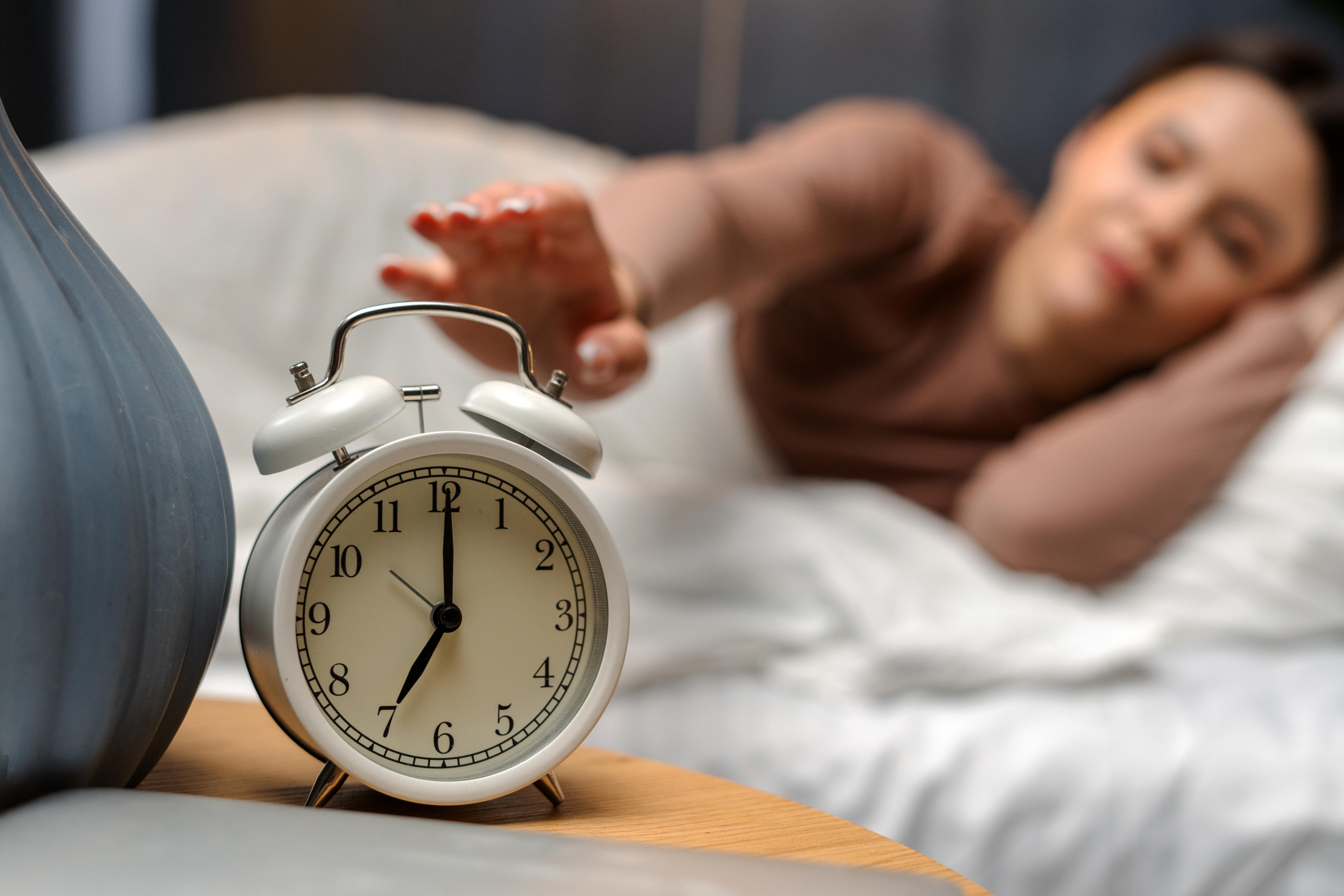
One of the most effective ways to ensure a good night's sleep while traveling is to maintain a consistent bedtime routine. This routine acts as a signal to your body that it's time to wind down, helping to regulate your internal clock. Whether it’s a warm shower, reading a book, or practicing meditation, these activities can be adapted to fit any travel schedule. By sticking to familiar rituals, you reinforce cues that promote relaxation and sleep, making it easier to drift off in an unfamiliar bed. This consistency not only aids in falling asleep but also in achieving a deeper, more restorative rest.
3. The Art of Packing: Sleep Essentials for the Road
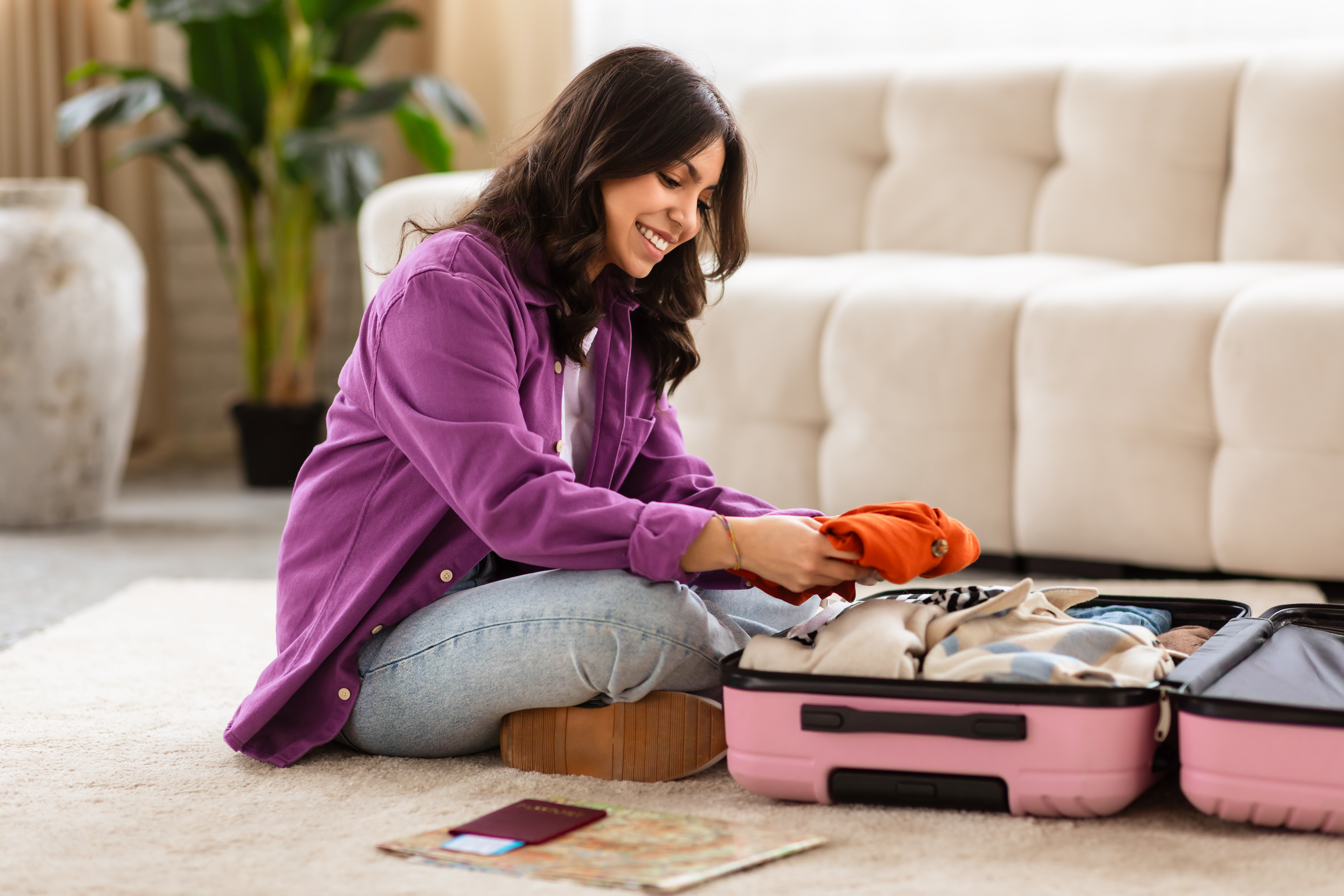
Packing smart is crucial for ensuring a good night's sleep while traveling. Consider bringing along a few sleep essentials that can transform any room into a personal sanctuary. Items such as a comfortable eye mask, noise-canceling headphones, and a travel pillow can make a world of difference. Additionally, packing familiar items like a favorite blanket or pillowcase can provide a comforting sense of home. These small but significant additions to your luggage can help create a familiar and soothing environment, reducing the impact of unfamiliar surroundings on your sleep quality.
4. Adapting to Time Zones: Mastering the Art of Jet Lag
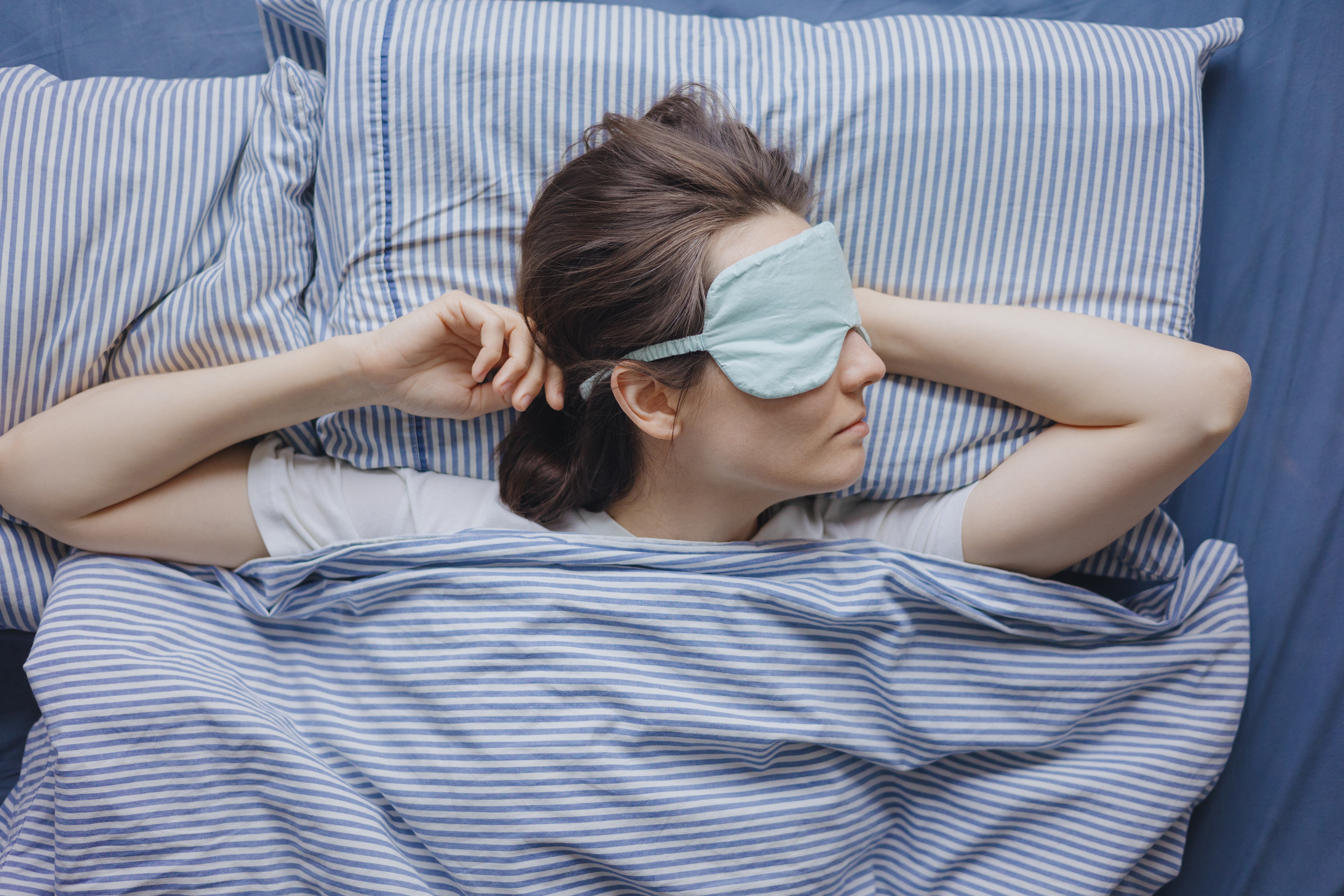
Jet lag is a common sleep disruptor for travelers crossing multiple time zones. This condition occurs when your internal body clock is out of sync with the local time, leading to sleep disturbances and fatigue. To combat jet lag, consider gradually adjusting your sleep schedule a few days before departure to align with your destination’s time zone. Exposure to natural light, staying hydrated, and avoiding caffeine and alcohol can also aid in resetting your internal clock. By proactively managing jet lag, you can minimize its impact and enjoy more restful sleep upon arrival.
5. Creating a Sleep-Inducing Environment: The Role of Ambiance

The ambiance of your sleeping environment plays a crucial role in the quality of your rest. When traveling, take control of your surroundings by adjusting elements such as lighting, temperature, and noise levels. Consider using blackout curtains or an eye mask to block out unwanted light, and set the room temperature to a comfortable level. White noise machines or apps can help drown out disruptive sounds, creating a serene atmosphere conducive to sleep. By tailoring your environment to suit your sleep needs, you can enhance your ability to relax and drift into a deep slumber.
6. The Impact of Diet and Hydration: Fueling Restful Sleep

What you consume before bedtime can significantly affect your sleep quality. While traveling, it's important to be mindful of your diet and hydration levels. Avoid heavy meals, caffeine, and alcohol close to bedtime, as they can interfere with your ability to fall asleep. Instead, opt for sleep-friendly snacks like almonds or bananas, which contain nutrients that promote relaxation. Staying hydrated is equally important, as dehydration can lead to discomfort and restlessness. By making conscious dietary choices, you can support your body’s natural sleep processes and enjoy more restful nights.
7. The Role of Physical Activity: Balancing Energy and Rest
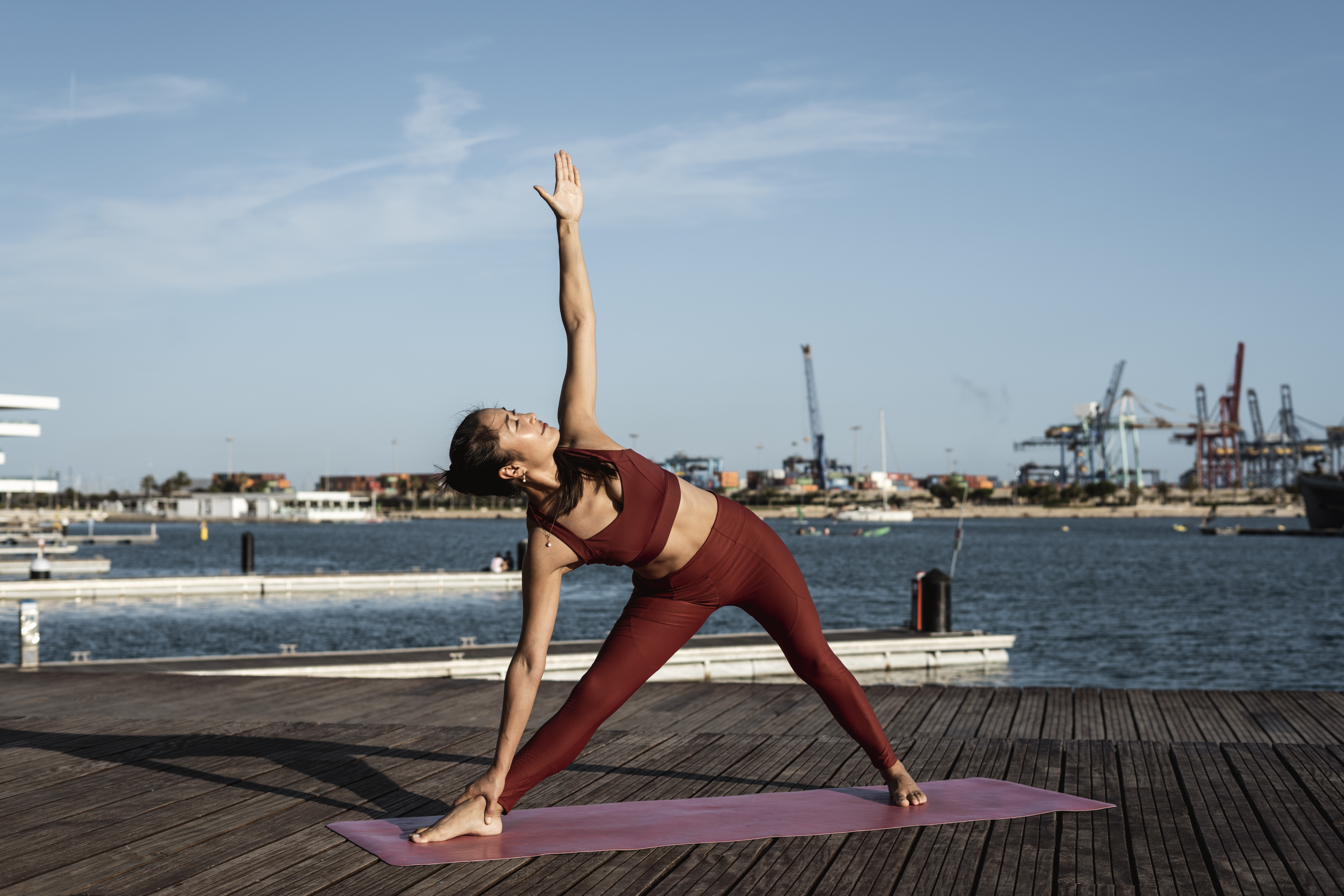
Incorporating physical activity into your travel itinerary can greatly benefit your sleep. Exercise helps regulate your body's internal clock and can improve the quality of your rest by reducing stress and anxiety. Aim for at least 30 minutes of moderate exercise most days, whether it’s a morning jog, a yoga session, or exploring the city on foot. However, avoid vigorous workouts close to bedtime, as they can have a stimulating effect. By balancing physical activity with relaxation, you can enhance your overall sleep experience and wake up refreshed and ready for new adventures.
8. Relaxation Techniques: Calming the Mind for Sleep

Travel can sometimes lead to an overactive mind, making it difficult to unwind and fall asleep. Incorporating relaxation techniques into your bedtime routine can help calm your thoughts and prepare your body for rest. Practices such as deep breathing, progressive muscle relaxation, or guided meditation can ease tension and promote a sense of tranquility. These techniques can be easily adapted to any setting, providing a portable solution for stress relief. By dedicating a few minutes each night to relaxation, you can create a peaceful transition to sleep, no matter where you lay your head.
9. Embracing Technology: Sleep-Enhancing Gadgets and Apps
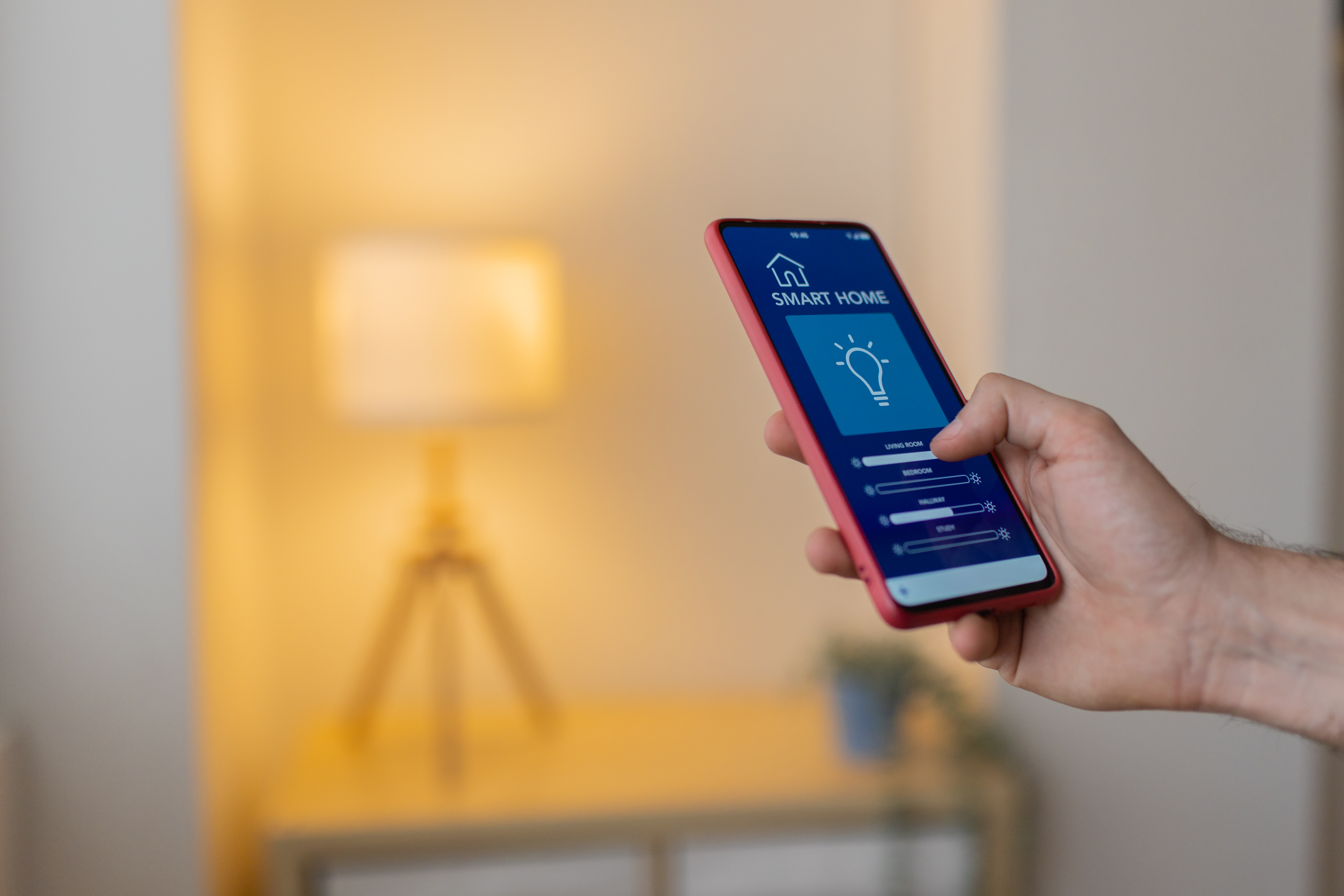
In the digital age, technology can be a valuable ally in achieving better sleep while traveling. A variety of gadgets and apps are designed to enhance sleep quality, from wearable devices that track sleep patterns to apps that offer guided meditations and white noise. Smart lighting systems can mimic natural light cycles, helping to regulate your circadian rhythm. However, it's important to use technology wisely, avoiding screen exposure close to bedtime to prevent disruption of melatonin production. By selectively incorporating technology into your sleep strategy, you can leverage its benefits without compromising rest.
A Restful Journey Awaits
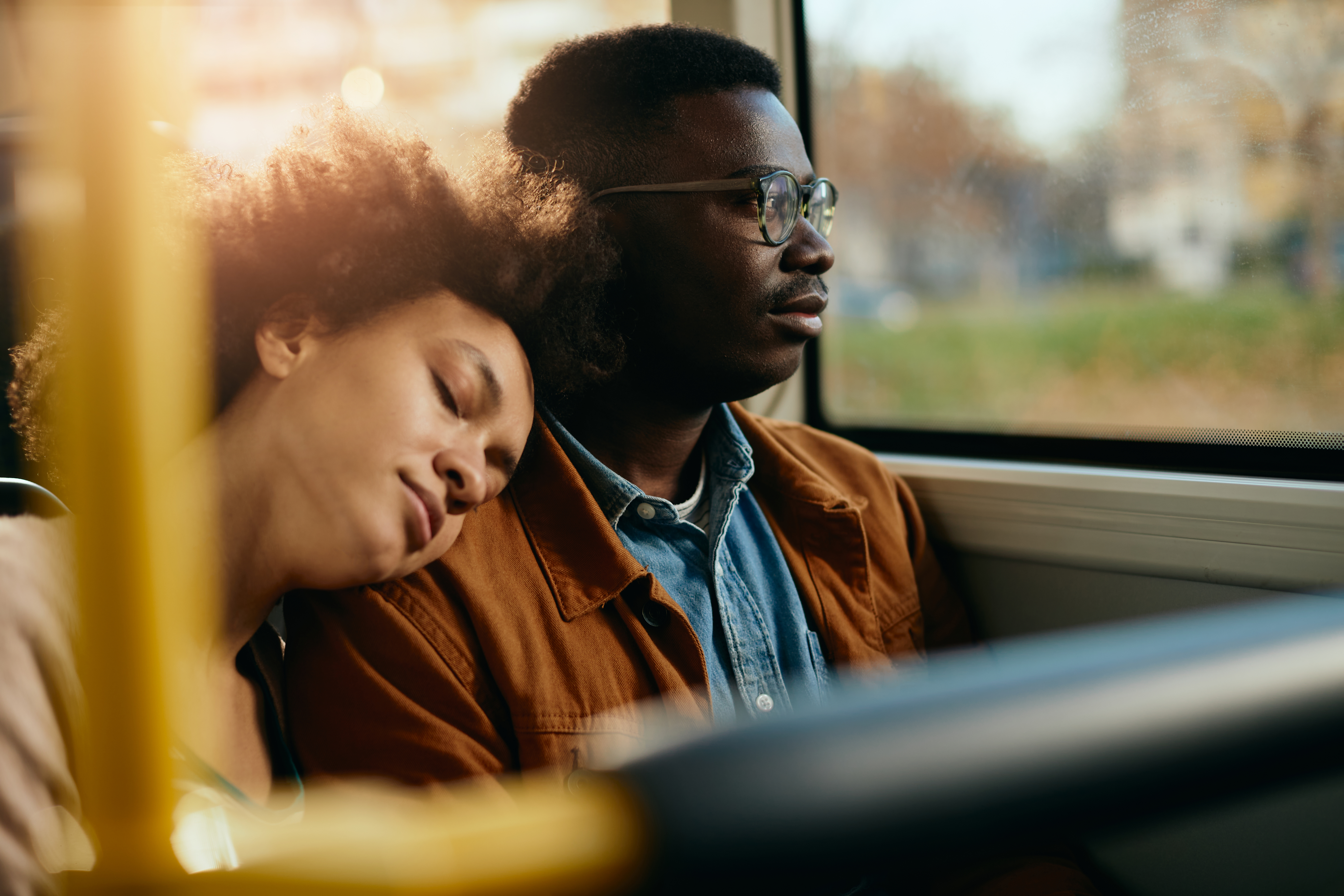
Achieving restful sleep in unfamiliar beds is not an insurmountable challenge. By understanding the science of sleep and implementing these travel-friendly tactics, you can transform your travel experience into one of rejuvenation and rest. From maintaining a consistent routine to creating a sleep-friendly environment, each strategy contributes to a holistic approach to sleep health. As you embark on your next adventure, carry these insights with you, and embrace the journey with the assurance that restful nights are within reach, no matter where your travels take you.



